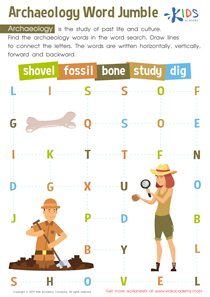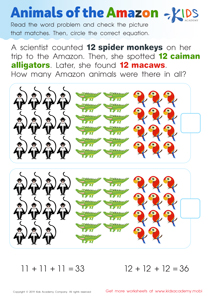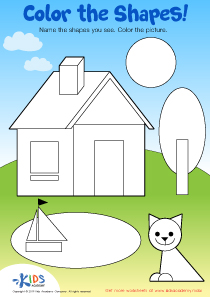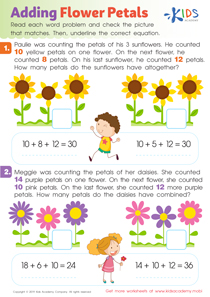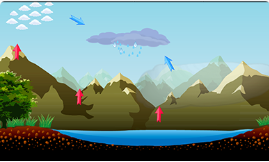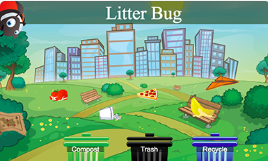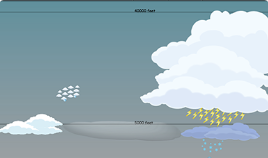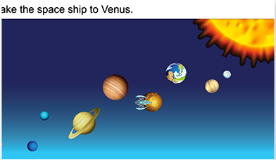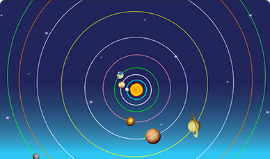Social Studies Lessons | World Citizens for Ages 7-8
3 results
Introducing our captivating World Citizens program, specially crafted for children aged 7-8! Dive into a global adventure with our interactive worksheets, educational videos, and engaging assessment quizzes designed to foster curiosity, empathy, and a broad understanding of diverse cultures around the globe. Each lesson is a step towards becoming a mindful global citizen, equipped with knowledge and appreciation for the world's vast traditions, languages, and ways of life. Perfect for young learners, our World Citizens for Ages 7-8 curriculum promises a fun, immersive learning experience that paves the way for a lifetime of global awareness and cultural sensitivity. Join us on this exciting journey!
In today's interconnected era, it's more important than ever for children to grow up with a broad understanding of the world around them. One innovative way to introduce young learners to global concepts, cultures, and communities is through our World Citizens for Ages 7-8 program. This structured curriculum is designed not only to aid children in their studies but also to prepare them for a lifetime of curiosity, empathy, and global awareness.
The World Citizens for Ages 7-8 curriculum is a comprehensive educational journey tailored specifically for children in this critical developmental stage. Through a blend of interactive worksheets, engaging educational videos, and assessment quizzes, the program brings the vast world into the classroom, making it both accessible and relatable to young minds. But how, exactly, can this program assist children in their studies and broader life skills? Let’s explore.
Enhancing Geographic Knowledge
First and foremost, the World Citizens for Ages 7-8 program expands children's geographic knowledge. By learning about different countries, landscapes, and climates, children aren't just memorizing facts; they're building a mental map of the world that will aid them in countless subjects, from history to science. This spatial awareness lays a foundation for understanding complex topics later in their educational journey.
Cultivating Cultural Sensitivity
In addition to geographic awareness, the program emphasizes the importance of cultural sensitivity. Through stories, videos, and activities that showcase diverse traditions and practices, children learn to appreciate and respect differences. This early exposure to multiculturalism encourages empathy, a skill that is essential not just in their personal development but in navigating our increasingly globalized society.
Developing Critical Thinking Skills
The interactive nature of the World Citizens for Ages 7-8 worksheets and quizzes prompts children to engage in critical thinking. Whether they're solving problems, making connections between different cultures, or reflecting on how global issues affect their lives, these activities push students to think deeply and critically. This kind of intellectual engagement is crucial for academic success across all subjects, fostering a mindset that questions, analyzes, and synthesizes information.
Promoting Global Awareness
Perhaps one of the most significant benefits of the World Citizens curriculum is its role in promoting global awareness. By understanding the broader world beyond their immediate surroundings, children learn early on that they are part of a much larger community. This realization nurtures a sense of responsibility and can inspire a lifelong commitment to issues such as environmental conservation, human rights, and social justice.
Encouraging Language Skills
Finally, exposure to different languages through the program’s educational videos and cultural studies can spark an interest in language learning. While the primary focus of World Citizens for Ages 7-8 is not on language instruction, the natural curiosity aroused by hearing different languages can lead to improved linguistic skills, a key component of academic success and personal growth.
In conclusion, the World Citizens for Ages 7-8 program is much more than a supplementary educational tool. It's a gateway to fostering well-rounded, informed, and empathetic individuals who are ready to take on the challenges of tomorrow's world. By blending academic learning with life skills, this program stands out as a vital component of a modern education, equipping children with the knowledge and perspective needed to thrive as global citizens.
